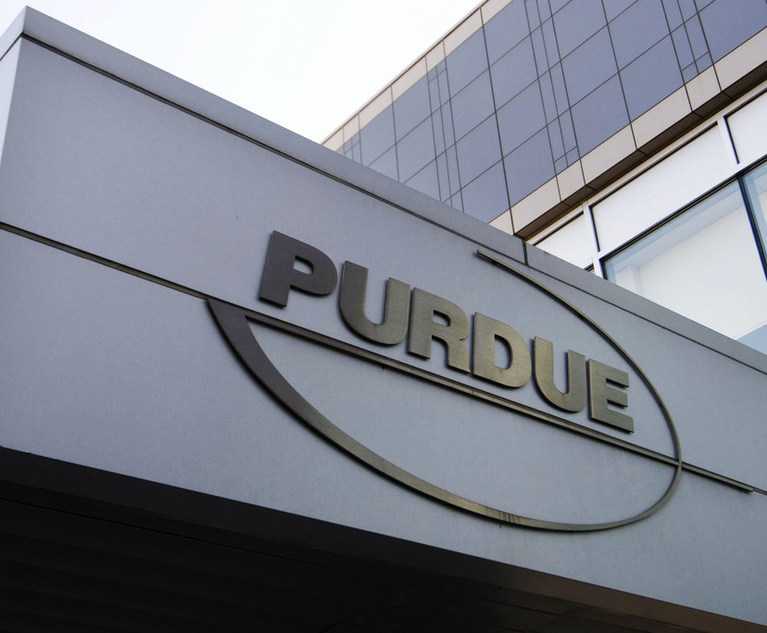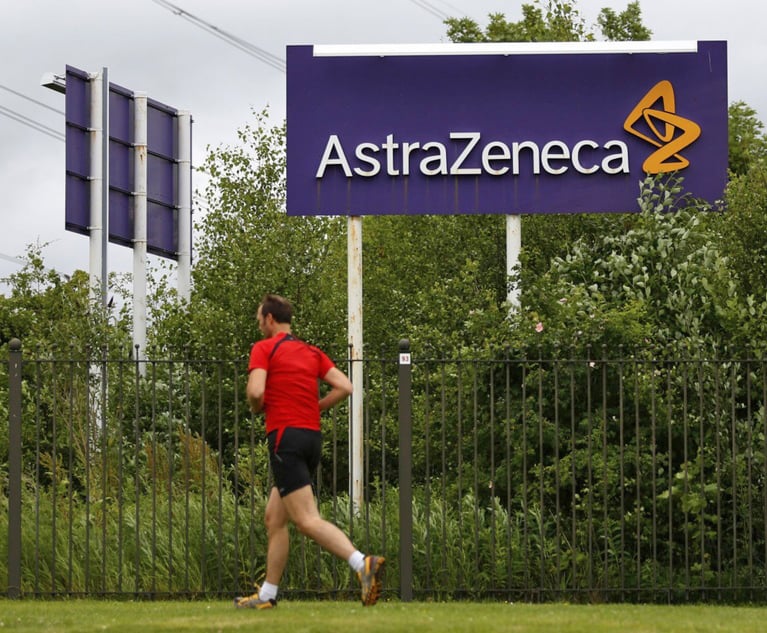The U.S. Bankruptcy Code permits a distressed business to emerge from bankruptcy through a court-approved plan of reorganization. However, that plan often requires substantial negotiation involving the debtor, its pre- and post-petition creditors, and other non-debtor parties. Non-debtor parties, such as stockholders, and former officers, directors or employees, often want the plan to bar other non-debtor parties from bringing claims against them through releases known as third-party releases. Debtors may also be interested in barring such claims as such non-debtor parties could have indemnification rights against the debtors. Section 1141(d)(1) of the Bankruptcy Code permits release of a debtor through its reorganization plan, and so such releases are non-controversial. But there is no similar statutory provision for non-debtors.
With the exception of certain asbestos-related claims (which are specifically addressed in §524(g) of the Bankruptcy Code), releases of non-debtor parties typically require the potential claimants’ consent. Nonetheless, Chapter 11 reorganization plans have increasingly contained third-party releases that would bind claimants without their consent; in other words, non-consensual releases. This has led to a divide amongst federal courts on the permissibility of these non-consensual releases. The Fifth, Ninth and Tenth Circuit Courts of Appeals hold that they do not have jurisdiction over these releases, and therefore they should not be allowed. Conversely, the Third, Fourth, Sixth, Seventh and Eleventh Circuits have allowed such releases in limited circumstances based on certain broad powers found in the Bankruptcy Code.


 The Purdue Pharma logo at its offices in Stamford, Conn. (AP Photo/Douglas Healey, File)
The Purdue Pharma logo at its offices in Stamford, Conn. (AP Photo/Douglas Healey, File)




